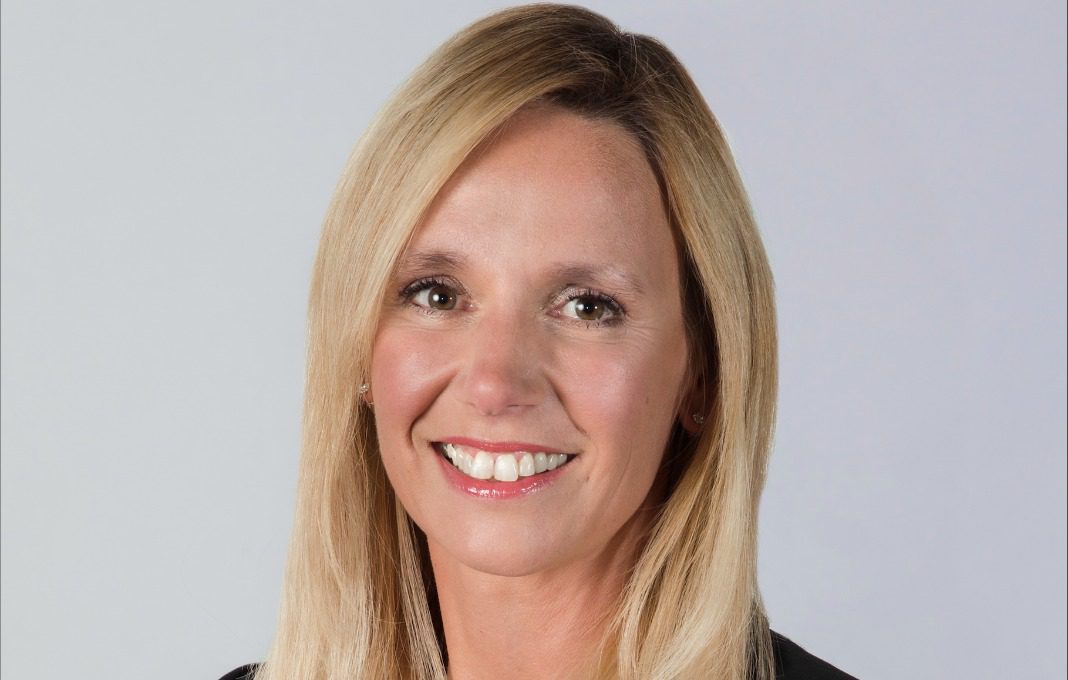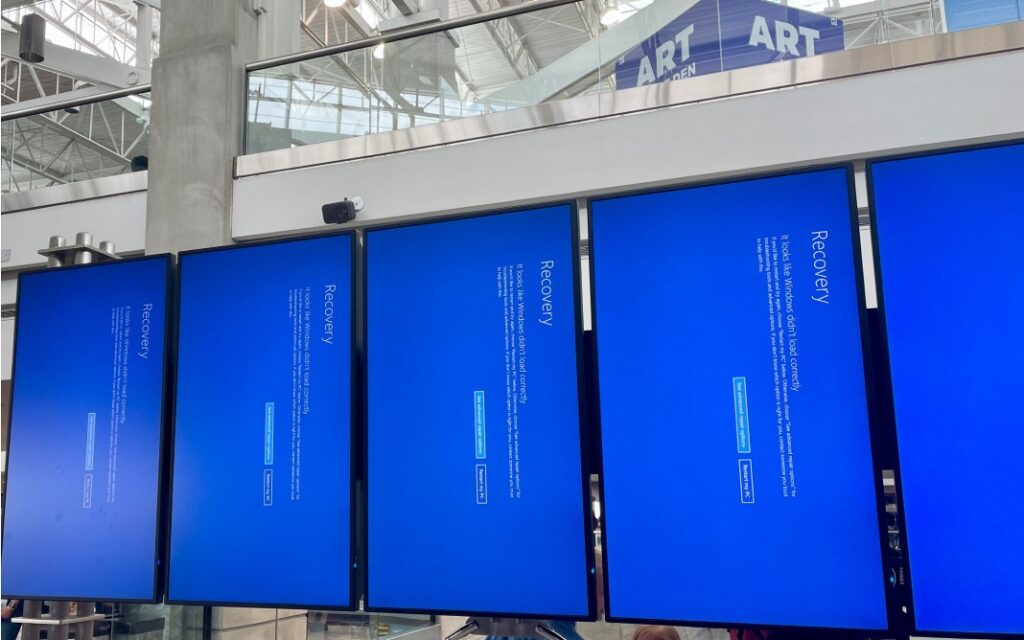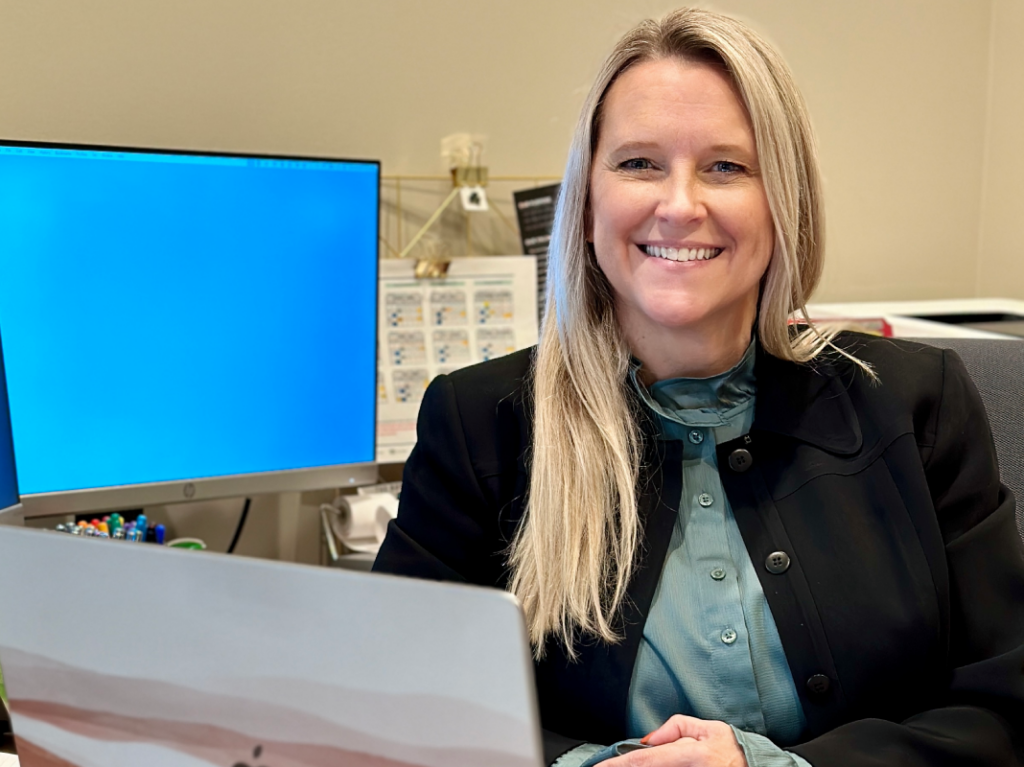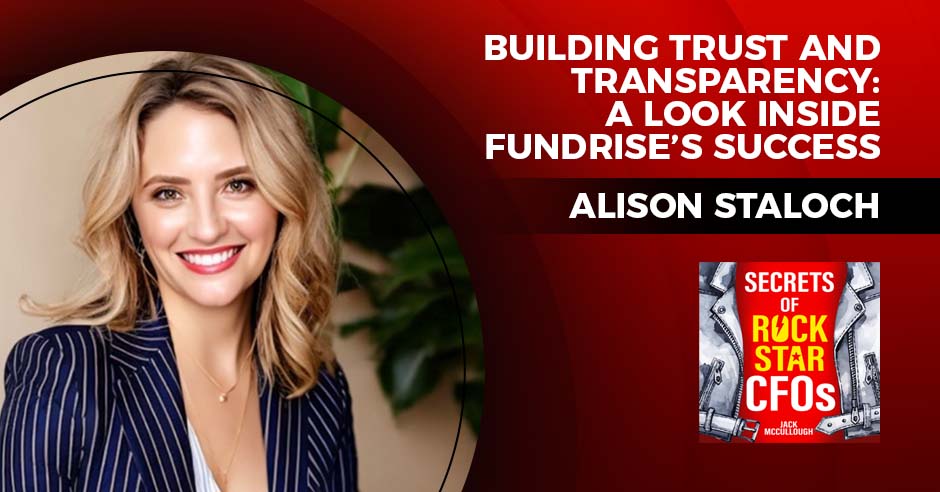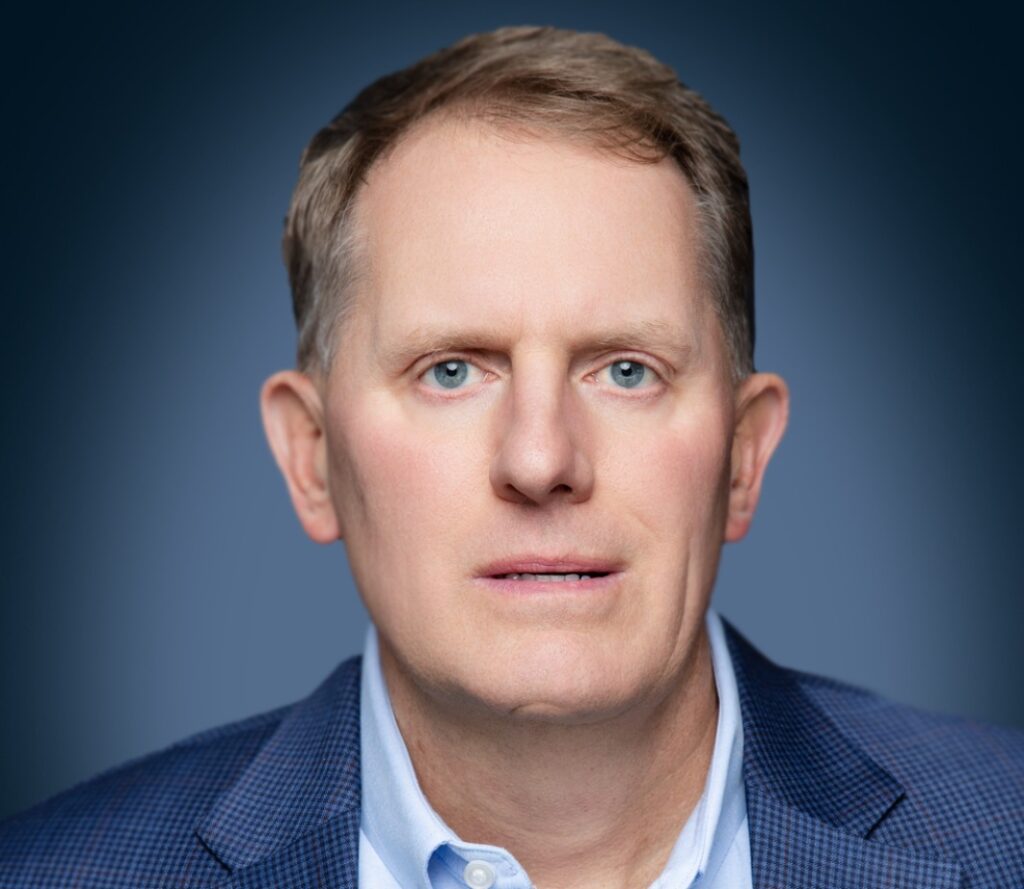What does it take to be “a modern CFO?”
For Claire Bramley, CFO at Teradata, it has a lot to do with being a point person for data—but that’s just the beginning. Equally important is being the kind of finance officer who can communicate what the data says: “Ultimately, if the audience doesn’t ‘get it,’ then it’s wasted,” she notes.
Bramley spoke with StrategicCFO360 about how she navigates the changing role of the CFO, the shifting workplace and why it can be a good thing to not be the most knowledgeable person in the room.
How do you show value impact across the business?
Let data tell the story. You need to intimately understand the business and its financial fundamentals to add value, but don’t rely on assumptions or explanations for why something didn’t turn out as expected. Dig down to the next level of detail and make sure there’s data to support it.
It’s important for me to have a dashboard to ensure that all of the assumptions and forecasts that we are modeling are supported by data and analytics. Fortunately, since Teradata is a data and analytics company, we have a lot of data and a lot of analytics available to us, and it’s updated every day.
This dashboard enables me to get an accurate picture of the financial health of the business every week, month and quarter, and understand and answer questions such as: What is in the pipeline? Where’s growth coming from? How can we expand with our existing customers? How can we attract new customers? How can we ensure that we’re not losing existing customers?
However, one area people tend to underestimate early in their financial careers is the importance of communication. I’ve seen situations where the message didn’t land or people didn’t quite understand the impact, and important information wasn’t understood or used. Ultimately, if the audience doesn’t “get it,” then it’s wasted.
How can today’s CFO do more with less?
As a functional CFO, I think about the people, processes and technology. That means ensuring we have the right people with the right experience on the right teams, and ensuring they are getting the support and development opportunities they need. It’s also looking at how we can leverage automation technology and improve our processes end-to-end to make sure we’re doing things in the most efficient way. I focus my priorities within these three areas so that we can enable the business.
Have confidence in your team. In my role at Teradata, I not only oversee our finance operations, but I’m also responsible for our security and IT functions, as well as procurement and real estate. Coming into the role, the biggest initial hurdle was shoring up my subject matter expertise in IT and security. In this situation, not being the most knowledgeable person in the room can be a good thing. It both humbles you and sharpens your confidence in your team.
One of the biggest benefits of having end-to-end responsibility in a big organization is that it’s much easier to operate since there are fewer people to influence and involve in the decision-making process as it’s all within one team. And with time and hard work, you can add enormous value as the overall decision-maker.
Finally, it’s great to have ambitious 6-to-12-month plans, but also recognize it’s unlikely you’ll be able to do everything you set out to. Be realistic about what you can accomplish and prioritize the three or four things that will have the highest impact.
CFOs are instrumental in decision-making and are a catalyst for change when it comes to key strategic business decisions. Where is the role of a CFO headed in the year ahead?
Of course, as a CFO, my primary task is to manage financial operations, but it’s increasingly important to also be a strategist and partner who contributes to overall company direction.
I’m a strong believer that we, as CFOs, need to develop strong relationships with our business partners to get things done. I’m spending more time talking to my team and the business about the value that we bring together, how we collaborate, and making sure that we’re both focused in the right areas with the mindset of continuous improvement.
A key part of that mission is to instill a healthy financial mindset throughout the organization that helps the whole business perform better and to develop our cross-functional relationships so we can work more efficiently.
In today’s global—and virtual—business landscape, the modern CFO enables people to thrive in whichever working environment they are in, whether they are working remotely or in the office. The way we work has fundamentally changed. What do CFOs need to do to optimize those connections and relationships?
Over the last couple years, so many people are reflecting on their careers and what kinds of people and company they work for. They are factoring in flexibility, company culture, diversity and inclusion, and ESG more than ever. Engagement is linked to understanding and believing in the mission and values of the company. When people understand how their role contributes to the overall mission and purpose of the company, it’s really motivating.
As a leader, the people are everything to me. It’s not a one-person show. I’ve genuinely felt the power of the team, and that nearly anything is possible when we’re all moving forward together. To get there, people need to feel valued, supported and engaged in their work. I’ll share a few ways this comes to life at Teradata.
For one, it’s baked into the company culture. After nearly 15 years at HP when I moved to Teradata, one of the questions I asked the most was about the culture. I was attracted to Teradata because of the culture: everybody’s opinion matters and everybody is treated with respect. It’s inherently inclusive and very encouraging. That is something that starts at the top with our executive team, which is committed to creating a safe environment for people to bring their authentic selves to work.
Another thing we’ve done is moved to a fully flexible model where employees can work wherever they want and aren’t required to be in an office. We’ve found it’s very attractive to people who are looking for that flexibility between home and work life.
We also do a survey every quarter on a different topic, including engagement. This gives people a regular opportunity to provide feedback and for leadership to ensure we’re trending in the right direction.


